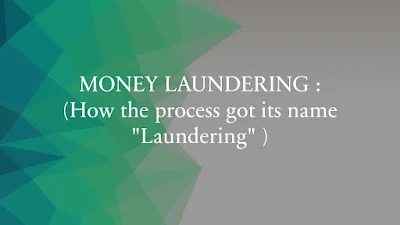CAPITAL GAINS TAX:
- Capital gains tax is levied on the profits made on sale of capital assets.
- Capital assets covers real estate, gold, stocks, mutual funds, and various other financial and non-financial assets.
- Capital gain is any profit or gain that arises from the sale of a ‘capital asset’
- Capital gains tax can be both short-term or long-term.
Long-term Capital Gains Tax:
It
is a levy on the profits from the sale of assets held for more than a
year.
Short-term Capital Gains Tax:
It applies to assets held for a year or less and is taxed as ordinary income.
Direct Dividend Tax :
- The Finance Act, 2020 came up with the taxation of dividends.
- All dividends received by investors/shareholders from Indian companies are taxable in the hands of the recipient.
Property Tax:
- Property Tax is imposed on real estate owners by the municipal authorities like panchayat, municipality or municipal corporation.
- Property Tax is used for maintenance and upkeep of the local civic amenities .
SPECIAL ASSESMENT TAX:
- Special assessment tax is imposed upon property owners so as to develop local infrastructure in the local vicnity.
- Special assessment tax is applicable in USA and not in India.
- Special assessment tax can be compared with Property Tax in India.
Minimum Alternate Tax (“MAT”):
- Minimum Alternate Tax is a way of making companies pay minimum amount of tax.
- Minimum Alternate Tax is levied on the corporates.
- In the Indian Income-Tax Act, there are large number of exemptions, deductions which are permitted from the gross total income.
- Such exemptions, deductions, and other incentives results in the emergence of zero tax companies.
- Target of Minimum Alternate Tax are the zero tax companies.
- Minimum Alternate Tax targets companies that show profits on their books and declare dividends, but pay minimal or no tax.
- Income tax is paid on total income while Minimum Alternate Tax is to be paid on Booked profit (Booked Profit = Revenues – Expenses).
Alternative Minimum Tax (AMT):
- Alternative Minimum Tax (AMT) is Minimum Alternate Tax version for individuals.
- Minimum Alternate Tax is applicable for companies and Alternative Minimum Tax (AMT) is applicable to individuals.
- The non-corporate taxpayers are entitled to Alternative Minimum Tax (AMT) provisions in a modified pattern.










